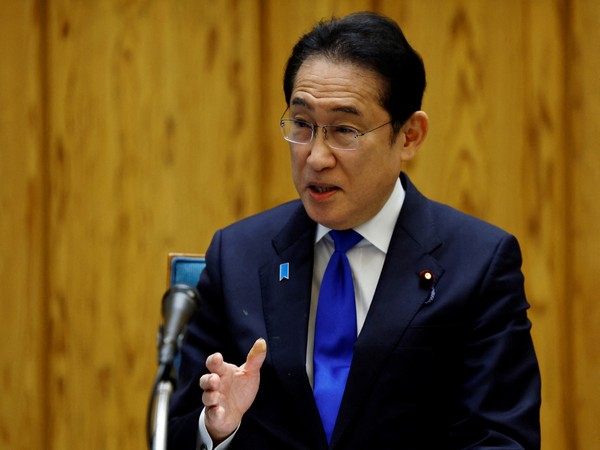Japan's Political Crossroads: Ishiba's Election Dilemma Amidst Rising Tensions
Japan's Prime Minister Shigeru Ishiba faces a critical challenge in the upper house election. A loss would deepen political instability amidst high prices and US tariff pressures. The ruling coalition's performance is crucial for Ishiba's future and Japan's policy direction, influencing voter sentiment and opposition dynamics.

- Country:
- Japan
Japan's Prime Minister Shigeru Ishiba is navigating a turbulent political landscape as he approaches Sunday's upper house election. With significant pressures from both domestic challenges like escalating prices and international hurdles such as US tariffs, the election results could spell a period of increased instability for Japan.
While a defeat in the polls won't immediately dethrone Ishiba, it could significantly sway his political fortunes and the ruling Liberal Democratic Party's future trajectory. The party's support has been waning due to previous corruption scandals and economic woes, leading Ishiba to seek compromises with opposition parties to maintain legislative functions.
The political environment is further charged by the rise of populist parties with strong anti-foreign and traditionalist agendas. Amid these dynamics, the repercussions of the election will likely reshape Japan's domestic policies and international relations, as Ishiba grapples with gaining public trust and steering the country forward.
(With inputs from agencies.)
ALSO READ
UPDATE 1-India proposes retaliatory duties at WTO against US tariffs on autos
Transatlantic Tensions: US Tariffs on EU Goods
Brazil Downplays Impact of US Tariffs Amidst Diplomatic Tensions
Philippines Aims to Lower US Tariffs Amid Trade Tensions
Brazil Downplays Impact of US Tariffs Amid Diplomatic Strain










